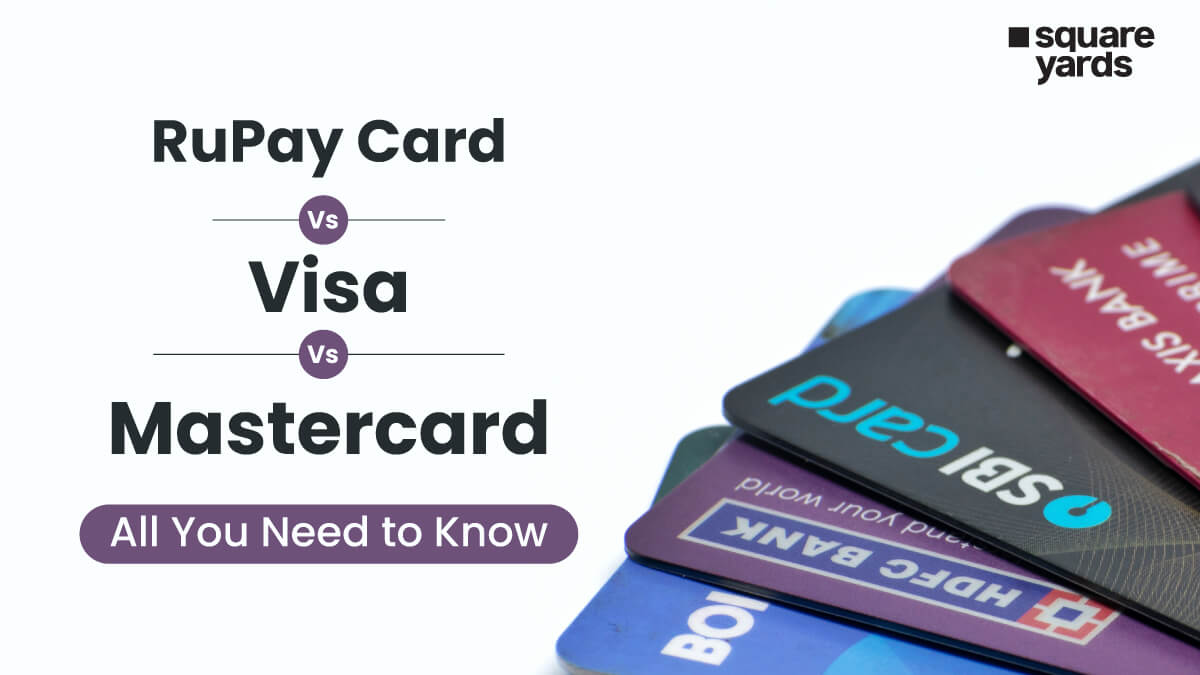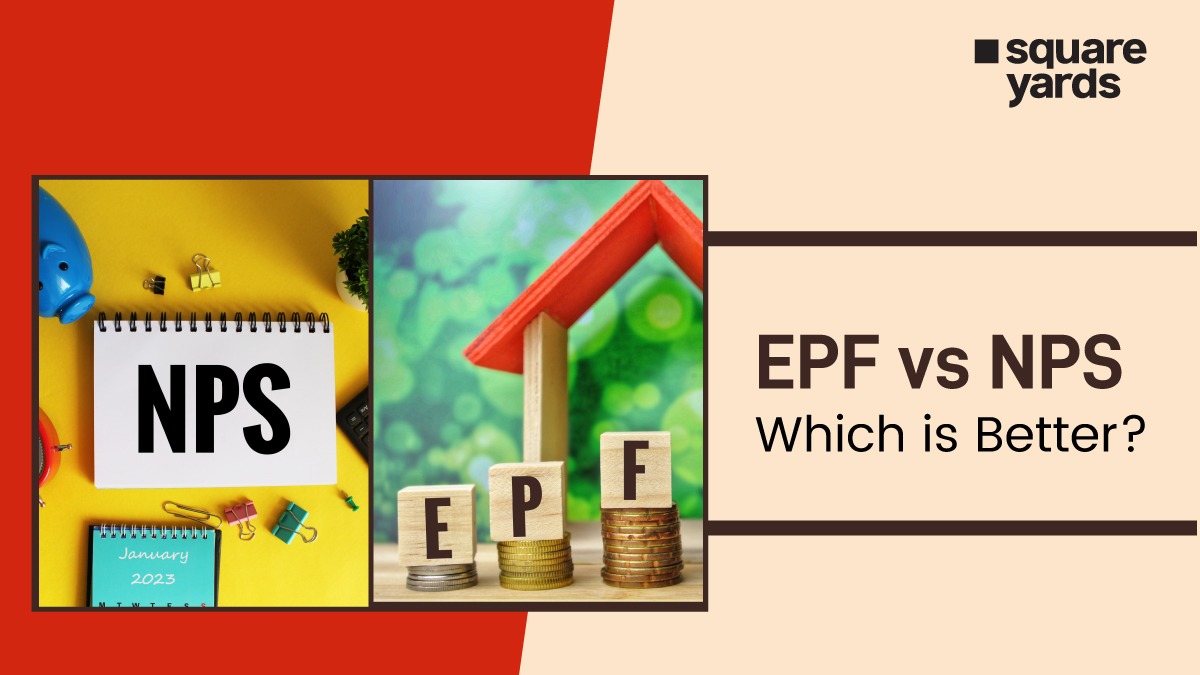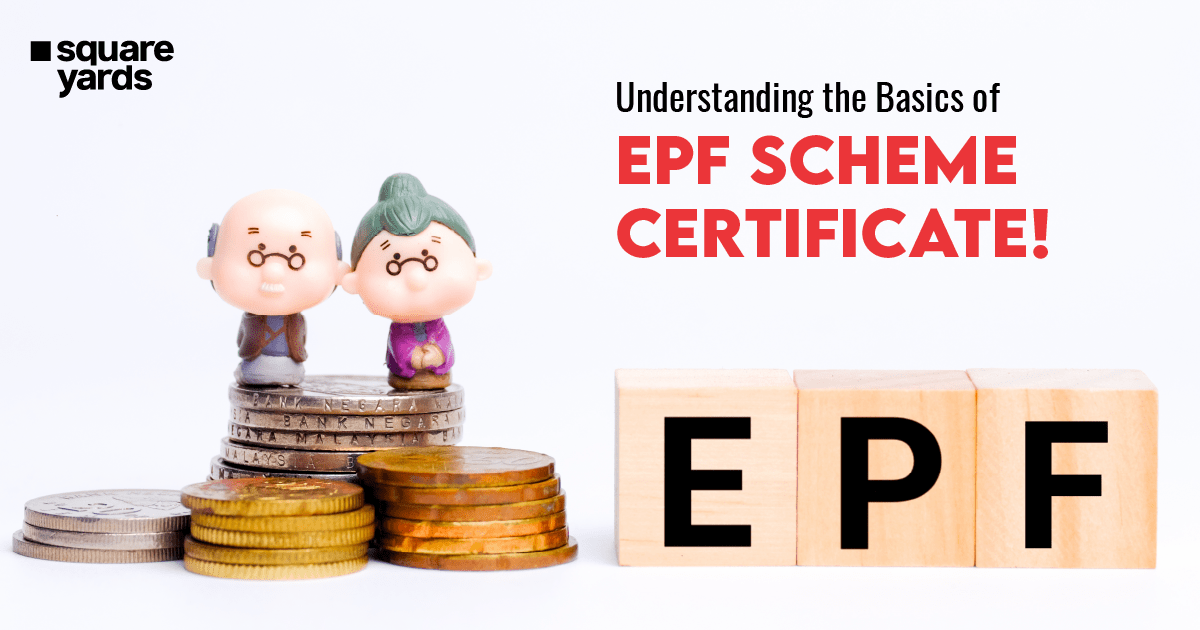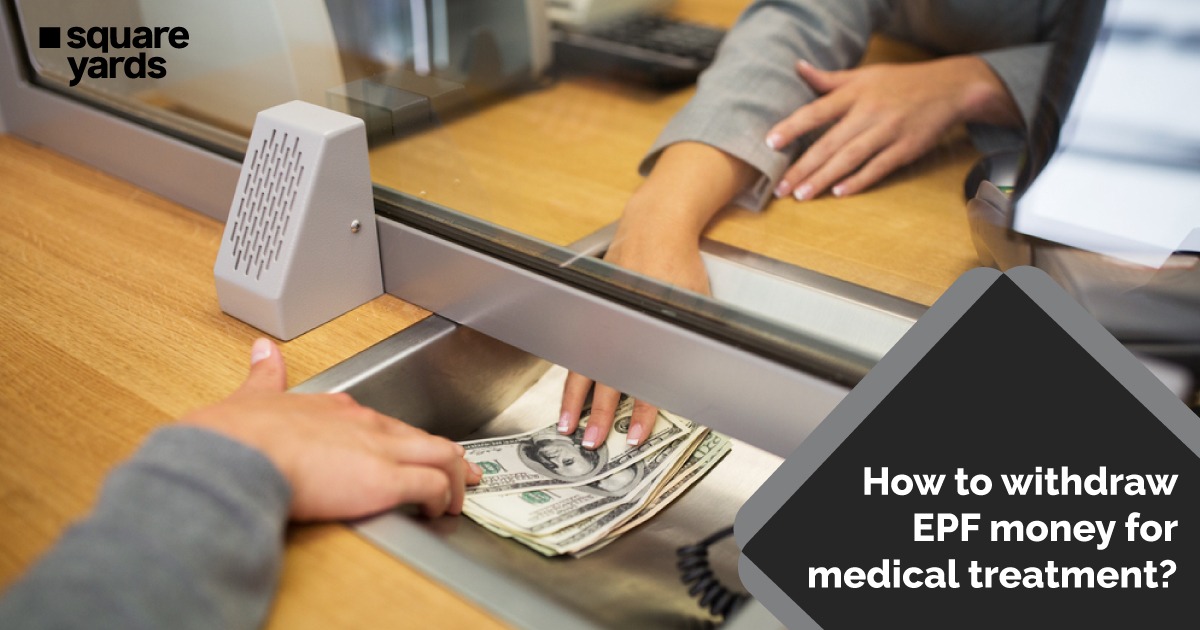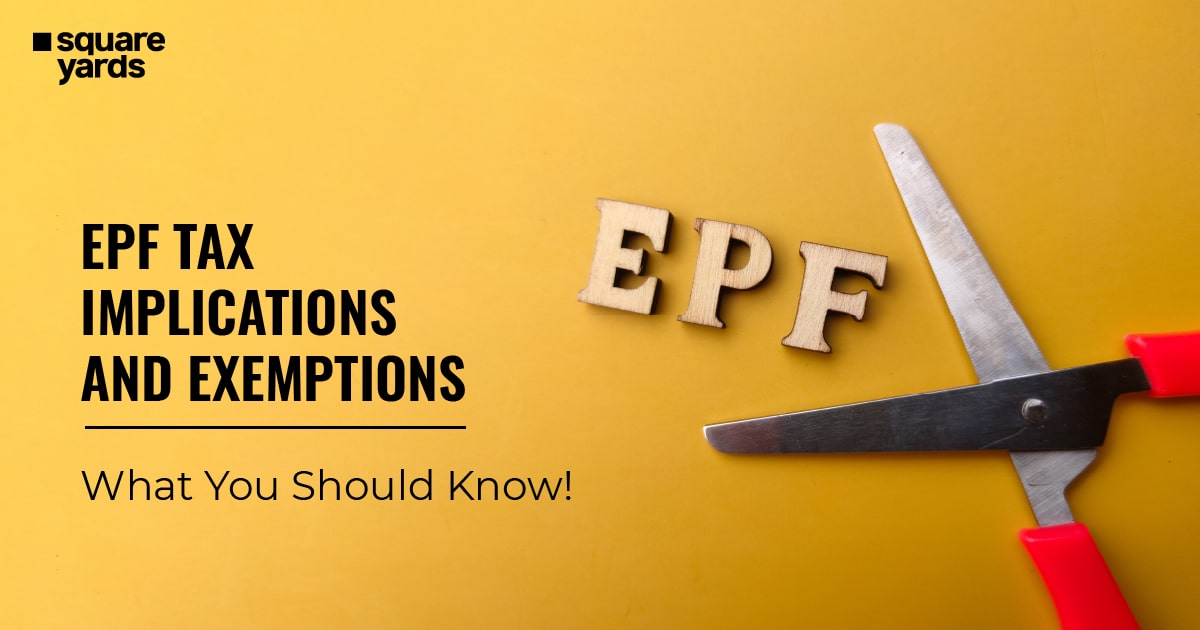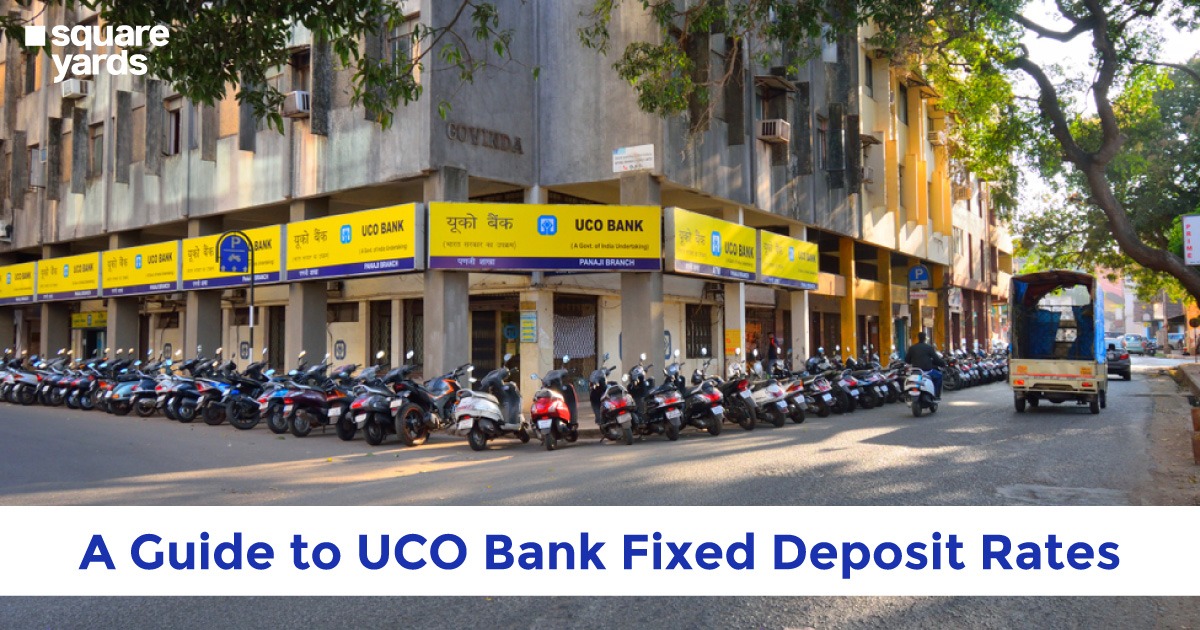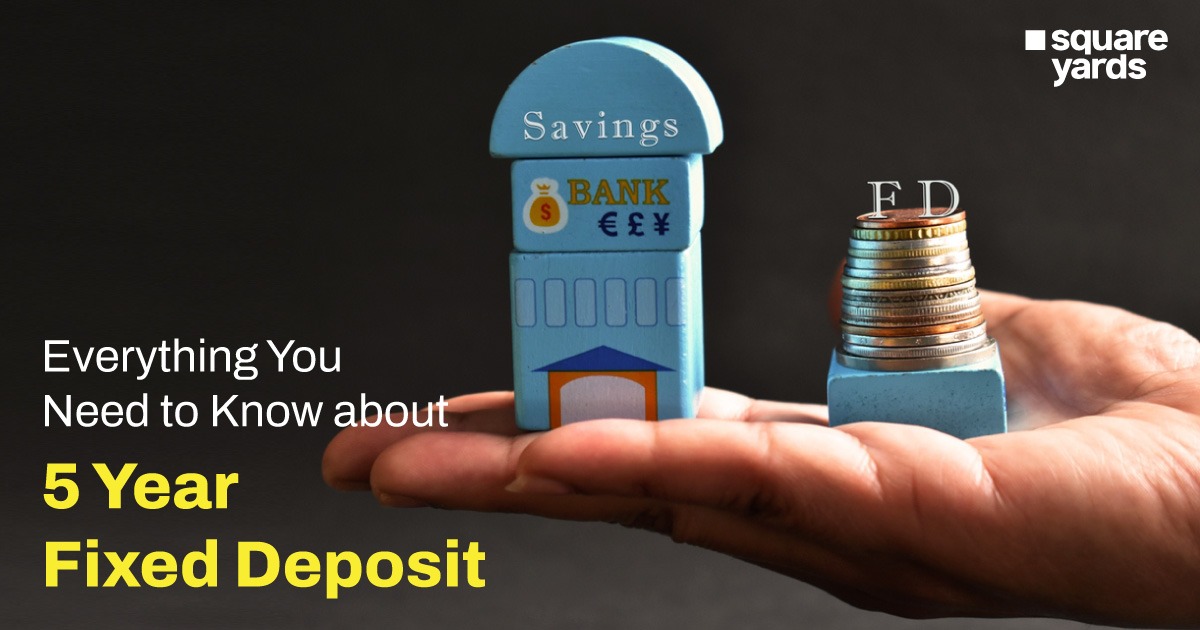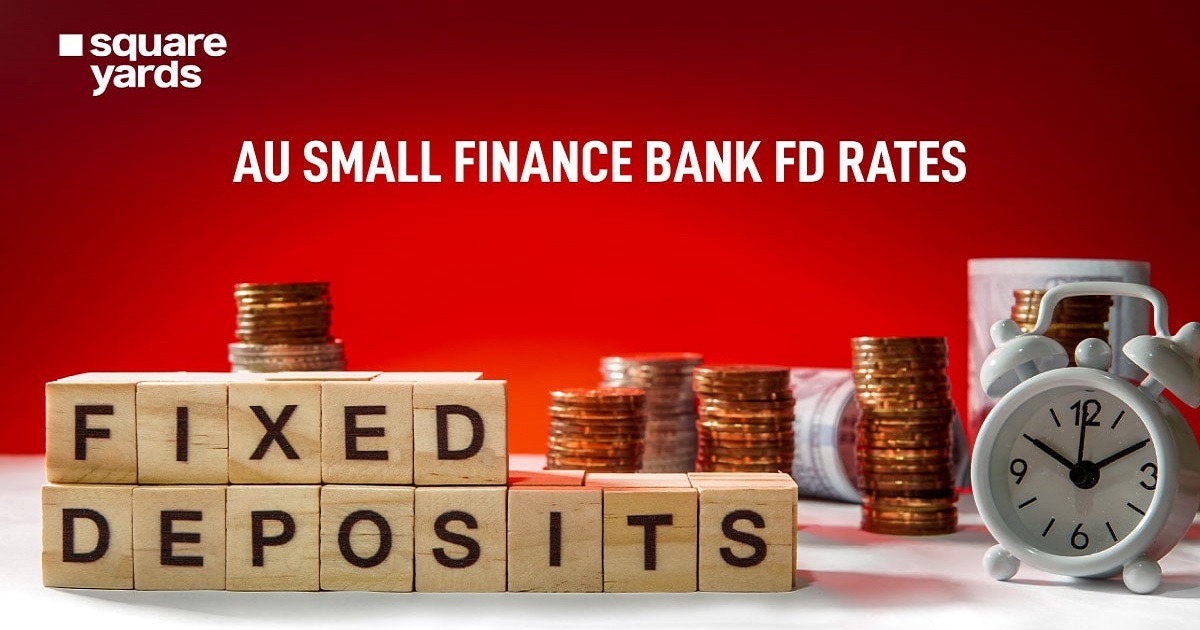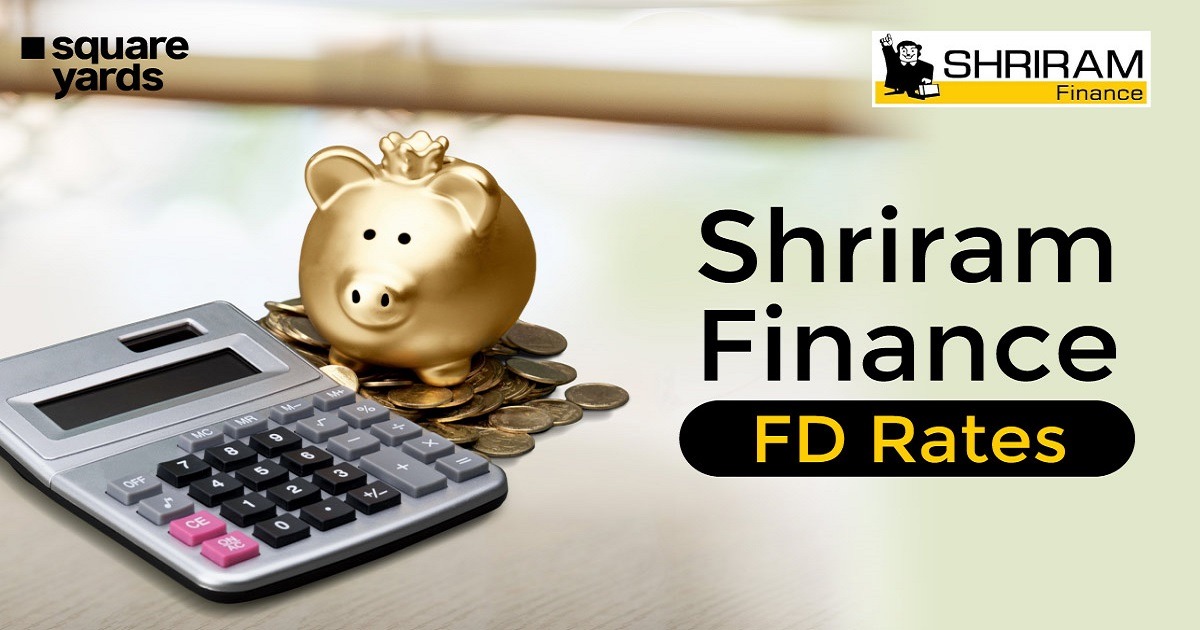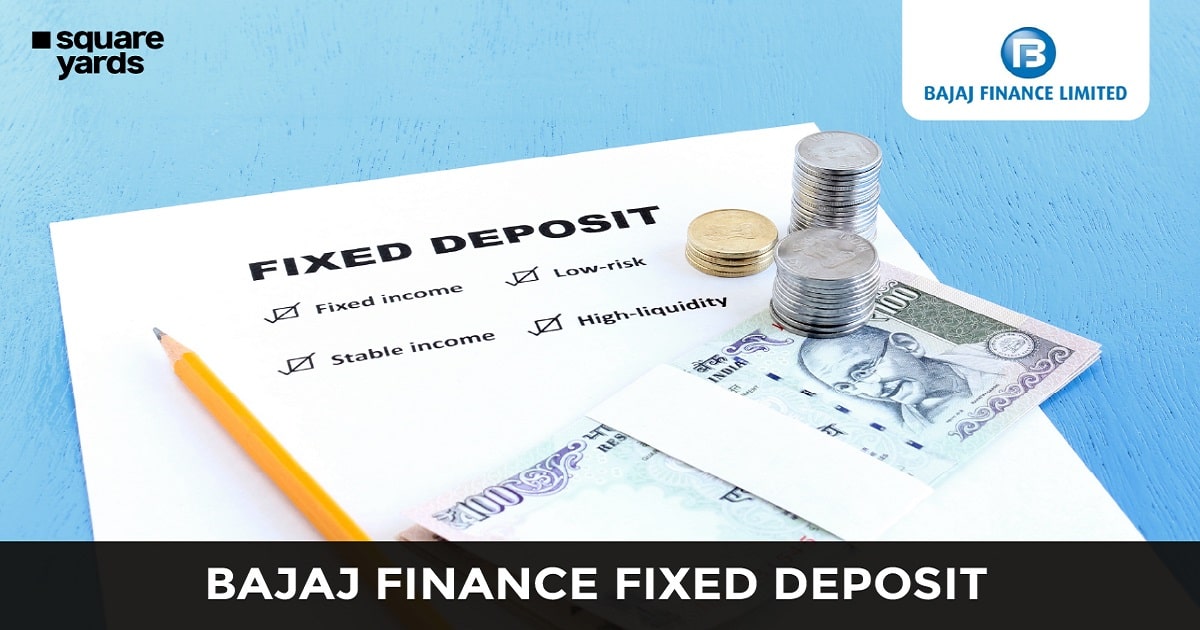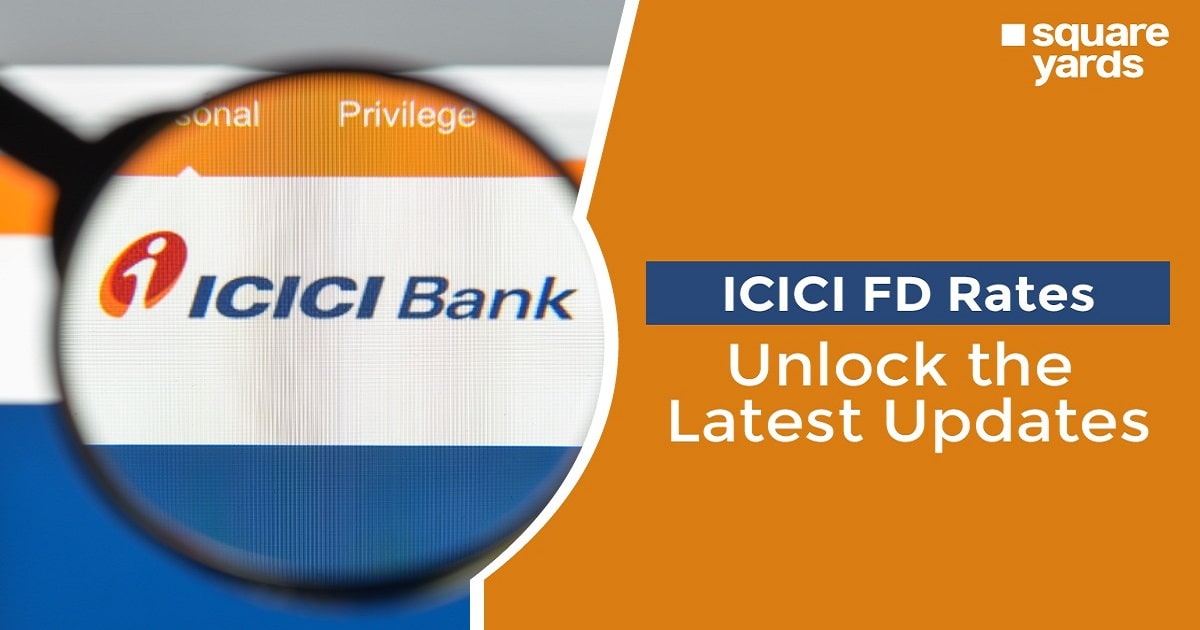You might have noticed logos like RuPay Card, Visa Card, or Mastercard when you use your debit card. These logos indicate different payment networks that facilitate various transactions. Visa and Mastercard are widely recognised payment networks worldwide, while RuPay is a distinct payment network specific to India. This article will help you explore the distinctions among these various networks, i.e., Rupay vs Visa vs Mastercard. Let’s get started.
Table of contents
- What is Rupay Card?
- Features of Rupay Card
- What is Visa Card?
- What is Master Card?
- Features of Master Card
- Recap: Difference Between RuPay, Visa, & Mastercard
- Top Rupay Debit and Credit Cards
- Top Visa/Mastercard Debit and Credit Cards
- RuPay vs Visa vs Mastercard: Which is Better?
- Wrapping Up
- Frequently Asked Question (FAQ’s):-
What is Rupay Card?
RuPay represents India’s indigenous card network, conceived and brought to fruition by the National Payments Corporation of India (NPCI). Introduced in 2012, “RuPay” is a portmanteau of ‘Rupee’ and ‘Payment’, indicating its Indian origin. RuPay was conceived to present a local, economical, and safe substitute to global card systems such as Visa and Mastercard, which often carry hefty processing charges. Various RuPay cards exist, including debit, credit, and prepaid, and they can be utilised for ATM withdrawals, purchases at Point of Sale counters, and online transactions. Most ATMs, POS machines, and online portals in India accept RuPay. Moreover, thanks to an alliance with Discover Financial Services, RuPay’s acceptance extends to numerous countries outside India.
Interesting fact: “Over 1,100 banks nationwide have partnered with RuPay to distribute credit and debit cards. This comprehensive list includes prominent banks such as SBI, PNB, HDFC, Federal Bank, Yes Bank, and SBM Bank, among others.”
Features of Rupay Card
Widely Accepted: RuPay cards are accepted at all ATMs, most Point of Sale devices and e-commerce websites in India. They are also accepted in certain international locations through NPCI’s partnerships with Discover Financial Services and Japan’s JCB.
Rupay has Lower Transaction Costs: Since RuPay is a domestic system, it tends to have lower transaction processing fees than international systems. This makes it a cost-effective choice for banks and customers alike. So when it comes to Rupay vs Visa vs MasterCard, Rupay takes the brownie points.
Fast Transaction Processing: Transactions made using RuPay cards are processed in India, typically resulting in faster transaction processing times.
Security: RuPay cards offer robust security features, including an embedded EMV chip for enhanced data security and protection against fraud.
The Benefit of Customized Products: RuPay offers a variety of products to meet the needs of various customer segments, including RuPay Classic, RuPay Platinum, and RuPay Select, each with its own benefits and features.
Insurance Benefits: Depending on the type of RuPay card, users may have access to complimentary insurance coverage, including personal accident insurance and permanent disability insurance.
Rewards Program: Certain RuPay cards offer rewards programs where users can earn points for their transactions and redeem them for various benefits.
Cashback and Discounts: RuPay cardholders may also enjoy cashback on certain types of transactions and discounts on purchases from partner businesses. This is one important point to remember while choosing between Rupay vs Visa vs MasterCard.
What is Visa Card?
Obviously, we cannot skip the Visa card when talking about Rupay vs Visa vs Mastercard. A Visa card is a payment card that uses the Visa network to process transactions. It goes without saying it is one of the most recognised and widely accepted card brands in the world. The card itself could be a credit, debit, or prepaid card, depending on the financial product offered by your bank or financial institution.
The central characteristic of a Visa card is its provision for cardholders to access credit or their own deposited funds to facilitate purchases, settle bills, or extract cash from ATMs, contingent upon the type of card they possess.
The Visa doesn’t directly offer cards, assign credit, or determine consumer charges and fees. Instead, it furnishes financial establishments with Visa-branded payment tools. These organisations, in turn, leverage these tools to provide their clientele with various programs, including credit, debit, prepaid, and cash-access options.
Features & Benefits of Visa Card
Accepted Globally: Visa cards are accepted at millions of merchant locations across more than 200 countries and territories, including physical retail outlets and online stores.
Security Features: Visa employs advanced security technologies to ensure safe and secure transactions. This includes real-time fraud monitoring, Zero Liability Policy (protection against unauthorised charges), and secure technology for online transactions.
Online Banking: Many Visa cards provide online banking capabilities, allowing you to manage your account, check balances, monitor transactions, and pay bills online.
Emergency Services: If your Visa card is lost or stolen, Visa provides emergency card replacement and emergency cash disbursement services to help you during a crisis.
Rewards and Offers: Many Visa cards offer rewards programs, offering cash back, points, or travel miles on certain purchases. The specifics of these rewards vary from card to card and bank to bank.
Concierge Services: Certain high-end Visa cards provide concierge services, which include personal assistance for travel planning, dining reservations, event ticket bookings, and more.
Travel Benefits: Some Visa cards offer additional travel-related benefits, like travel insurance, auto rental collision damage waiver, and lost luggage reimbursement.
Purchase Protection: Certain Visa cards provide purchase protection, which covers items bought with the card if they get damaged or stolen within a certain period from the date of purchase. It is a clear winner when comparing Rupay vs Visa vs MasterCard.
What is Master Card?
Mastercard operates as an international payment network, establishing connections between consumers, financial institutions, and businesses to facilitate electronic transactions. It delivers branded credit, debit, and prepaid cards that enable purchases at a multitude of establishments around the globe, in both brick-and-mortar stores and digital platforms. Nevertheless, Mastercard doesn’t directly distribute cards or extend credit but collaborates with financial institutions to provide Mastercard-branded cards to their patrons.
Features of Master Card
Mastercard, one of the most recognised payment networks globally, provides various features to its cardholders. The exact offerings can vary based on the specific type of Mastercard (i.e., debit, credit, or prepaid) and the policies of the issuing bank or institution. However, here are some common features of Mastercard:
Wide Acceptance: Mastercard is accepted at millions of locations in over 210 countries and territories, making it a convenient payment option for both local and international transactions.
Advanced Security: Mastercard uses sophisticated security technologies, including encryption and fraud detection systems, to protect cardholder information and prevent unauthorised transactions. Furthermore, their Zero Liability Protection ensures you’re not held responsible for unauthorised transactions made with your card.
Digital Banking Services: Individuals holding a Mastercard usually can utilise online and mobile banking facilities. This enables them to monitor their account balance, review transactions, and initiate payments, among other operations, at their convenience, irrespective of location.
Emergency Services: If a Mastercard is lost or stolen, Mastercard provides services such as emergency card replacement and emergency cash advances, offering peace of mind to its cardholders.
Rewards Programs: Many Mastercards come with rewards programs that allow cardholders to earn points, cash back, or travel rewards based on their purchases.
Price Protection: Some Mastercards offer price protection, reimbursing the price difference if you find a lower price for a product purchased with your Mastercard within a certain timeframe.
Travel Perks: Subject to the precise card variant, Mastercard could provide travel-centric perks, which include travel insurance, access to personalised assistance services, and entry to airport lounges.
Purchase Protection and Extended Warranty: Certain Mastercards come with purchase protection, which covers items bought with the card if damaged or stolen within a certain period. Extended warranty coverage may also be provided, extending the manufacturer’s original warranty on purchased items.
Recap: Difference Between RuPay, Visa, & Mastercard
| RuPay Card | Visa & Mastercard |
|
Only accepted in India |
Accepted worldwide |
|
It takes less processing time |
It takes higher processing time |
|
It takes lower processing charges |
It takes high processing charges |
|
It is more secure |
It is less secure |
Top Rupay Debit and Credit Cards
| Top RuPay Debit Cards | Top RuPay Credit Cards |
|
SBI Platinum International Debit Card |
PNB RuPay Select Credit Card |
|
HDFC RuPay Premium Debit Card |
Federal Bank Signet RuPay Credit Card |
|
PNB RuPay Select Debit Card |
Shaurya SBI RuPay Credit Card |
|
BOB RuPay Platinum Debit Card |
IDBI Bank Winnings Credit Card |
|
Axis Bank Platinum RuPay Debit Card |
Union Bank RuPay Select Credit Card |
Top Visa/Mastercard Debit and Credit Cards
| Top Visa/ Mastercard Debit Cards | Top Visa/ Mastercard Credit Cards |
|
HDFC Millennia Debit Card |
SBI Elite Credit Card |
|
SBI Platinum International Debit Card |
HDFC Regalia Credit Card |
|
Axis Bank Burgundy Debit Card |
Flipkart Axis Bank Credit Card |
|
ICICI Bank Platinum Debit Card |
SBI SimplyCLICK Credit Card |
|
SBI Global International Debit Card |
Citi PremierMiles Credit Card |
RuPay vs Visa vs Mastercard: Which is Better?
The choice between RuPay vs Visa vs Mastercard depends on individual needs. Visa and Mastercard are preferable for international usage, extensive rewards, and global acceptance. For domestic usage with lower transaction costs, RuPay is a better choice. It’s essential to consider your specific requirements before choosing a card.
Wrapping Up
In conclusion, RuPay, Visa, and Mastercard are crucial in facilitating digital payments globally. Each comes with its own set of advantages and certain limitations. RuPay, with its domestic focus, offers lower transaction costs and fosters financial inclusivity in India, while Visa and Mastercard bring extensive global acceptance and a variety of reward programs. Your specific needs and usage patterns should drive the choice between these payment systems, whether for international travel, reward benefits, or cost-effective local transactions. The evolution of these plastic money forms has undoubtedly transformed how we transact, driving us towards a more secure, convenient, and cashless economy.
You May Also Like
Frequently Asked Question (FAQ’s):-
Q1. Is RuPay exclusive to India?
Ans: RuPay was initially introduced to support digital transactions within India. Nonetheless, it has since broadened its reach to include a few other countries, thanks to collaborations with global payment networks such as Discover, Diners Club International, and JCB.
Q2. Is it possible to use Visa or Mastercard in every country?
Ans: Visa and Mastercard enjoy wide acceptance in the majority of countries globally. However, some exceptions may exist due to specific country rules and restrictions. It’s advisable to verify the acceptance of your card in the country you’re planning to visit prior to your travel.
Q3. Rupay vs Visa vs Mastercard: Which card offers the best rewards program?
Ans: The type and extent of rewards largely depend on the specific card product you choose and the issuing bank, not solely on the payment network like Visa, Mastercard, or RuPay. Some cards offer more travel-related rewards, while others may offer cashback or shopping points. You should check with the issuing banks to compare and decide which rewards program best suits your needs.
Q4. Are there additional fees with international cards like Visa and Mastercard?
Ans: Visa and Mastercard cards might come with additional fees for international transactions, including foreign and currency conversion fees. The fees can vary depending on the card issuer and the specific card product. Reviewing the terms and conditions or consulting your bank for precise details is advisable.
Q5. How secure is plastic money against fraud and theft?
Ans: Plastic money has several security measures, including PINs, CVV numbers, EMV chips, and two-factor authentication for online transactions. These measures significantly reduce the risk of fraud and theft. However, users must be vigilant about their card details to ensure maximum security. In case of any suspicious activity, the card issuer should be contacted immediately.
Q6. Are there any disadvantages of RuPay Cards?
Ans: While RuPay cards offer numerous benefits, they have certain limitations. Their acceptance is limited outside India, which can disadvantage international travellers. Also, RuPay may not offer as extensive a rewards program as Visa and Mastercard.


